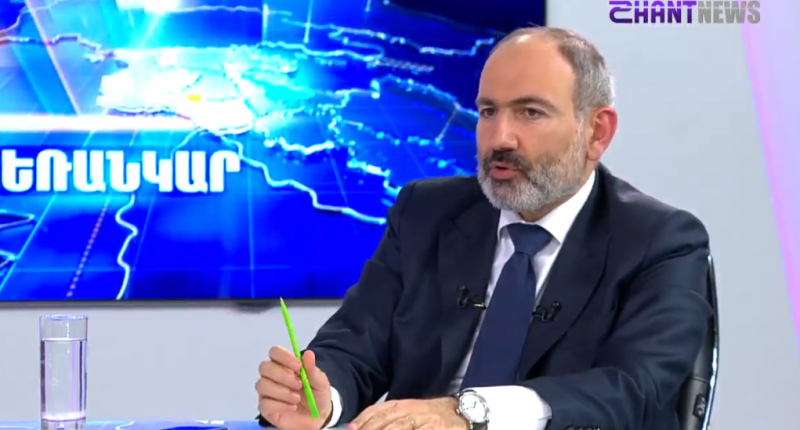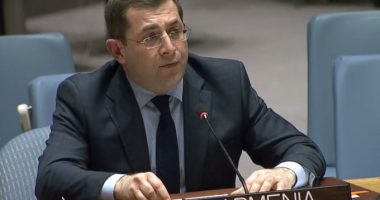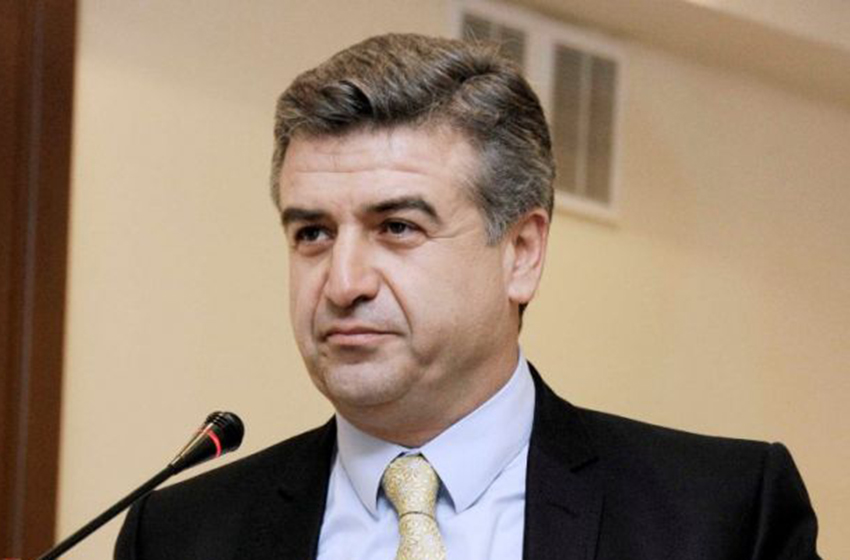YEREVAN (RFE/RL) — Armenian Prime Minister Nikol Pashinyan has promised that his government will provide at least 150 billion drams (over $300 million) in assistance to the economy, which is likely to be affected by the ongoing novel coronavirus pandemic.
In an interview with Shant TV on Wednesday Pashinyan said that areas in which assistance could prove most efficient in conditions of a modifying global economy will need to be identified.
“The Armenian government will allocate a total of 25 billion drams (over $50 million) to co-finance and subsidize the interest rates of loans for companies that borrow money from Armenian banks in the national currency to pay salaries, taxes, bills and purchase raw materials,” he said.
The prime minister said he viewed the current situation as “point zero” from which the “economic revolution” advocated by his government should start. “Now everything is collapsing and we get a large construction site. We should be thinking about building a new life, a new state, a new society, a new opportunity and a new economy on this site,” Pashinyan said. “Industrial relations will collapse, and we will need to figure out where to invest money.”
Pashinyan said that in his opinion now is a good time to provide urgent support to agriculture and subsidize loans in this sector, thus encouraging people to engage in rural economy.
“We have prepared a package of 30 billion drams (over $60 million) for urgent social assistance to exclude the impoverishment of people,” the prime minister said, adding that citizens and businesses should be confident that the government will stand by them.
Armenia declared a 30-day state of emergency on March 16 in a bid to slow down and contain the spread of the novel coronavirus infection. Limitations that concern international and local travel, public gatherings and other activities could potentially affect a number of private sector companies.
As of late Wednesday Armenia has confirmed 110 coronavirus cases. Officials say the country’s first coronavirus patient identified on March 1 has recovered.










